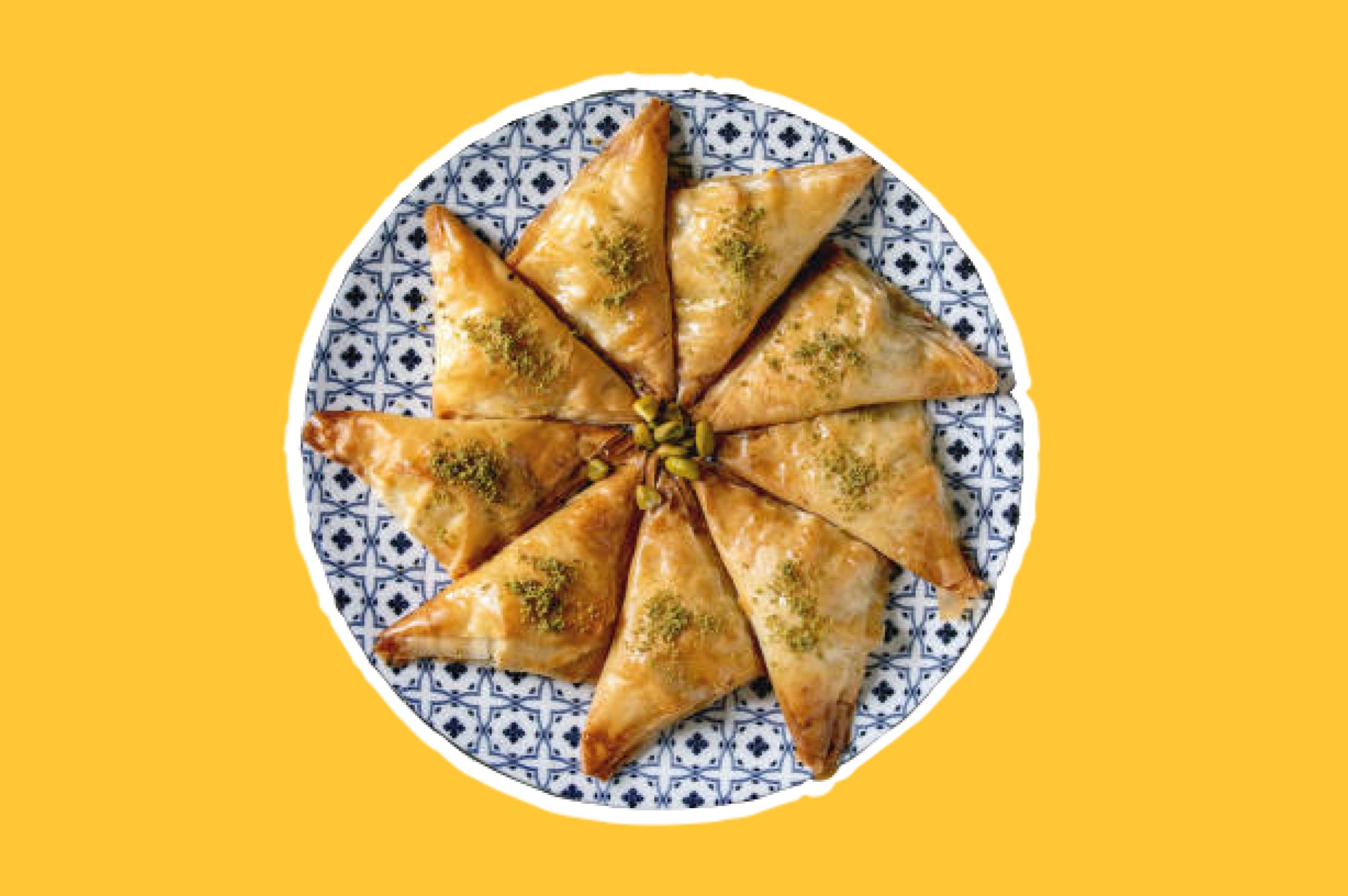Fasting is obligatory for all healthy Muslims except children, those whose health could be affected by fasting, pregnant women and people with diabetes. But just because it is month where food isn’t eaten regularly, it doesn’t mean you can’t eat healthily. Here’s our guide to eating nutritious food during the month of Ramadan:
Suhur:
During Suhur meals, before sunrise, make sure to be mindful of the consumption of food you’re eating and the variety of foods. It’s essential to drink lots of fluids to make sure the body is well hydrated for the long hours of the day ahead. Go for starchy foods for slow-releasing energy, choosing high fibre and wholegrain varieties where you can, as these can help keep you feeling fuller for longer, helping to prevent constipation and maintaining weight.
Oats are whole grains, and porridge is a decent option, which also provides fluids as it’s prepared with milk or water, muesli with milk or yoghurt. You could experiment with fresh or dried fruit, nuts or seeds as toppings as a great source of natural sugars and fibre.
High fibre breakfast cereals provide plenty of fibre and are often fortified with vitamins and minerals, providing extra nutrients. Because they are consumed with milk, you benefit from nutrients like calcium, iodine and B vitamins from the milk.
If you want to eat savoury dishes at suhur, then it’s advisable to make sure these are not too salty or may make you very thirsty during the fast.
Yoghurt can be an excellent food to include at suhur as it provides nutrients like protein, calcium, iodine, and B vitamins. You can also combine it with cereal or fruit.
For bread, whole-grain options aim to provide more fibre, for example, wholemeal toast or chapatis. Avoid combining bread with salty foods like cheese or preserved meats. Try various nut butters (without added salt), soft cheese, or banana. As bread is relatively dry, make sure you drink plenty of water or other fluids alongside, or you could opt for fluid-rich foods such as a lentil soup, traditional food at suhur in some countries.
Iftar:
Dates are traditionally eaten to break the fast since the Prophet Muhammad’s (PBUH) time and are a great way to do so. They provide natural sugars for energy alongside minerals such as potassium, copper and manganese as well as being sources of fibre. You could also try other dried fruits such as apricots, figs or prunes, providing fibre, nutrients and maintaining blood sugar levels. Go for plenty of fluids.
Try to eat low-fat foods containing some natural sugars for slow-releasing energy and avoid consuming food or drinks with added sugar.
Water provides hydration without extra calories or added sugar. Milk, dairy products and non-concentrated fruit juice provide some natural sugars and nutrients as well. These are good to break the fast but avoid drinking anything with added sugar after breaking the fast, which can provide too much sugar and calories.
Fruit and vegetables are a great source of nutrition for keeping blood glucose levels regular, energy, fluid, and vitamins and minerals. Soups are a light way to break the fast and provide fluid. They often contain pulses, like lentils and beans, and starchy foods like pasta or grains, providing nutrients and energy.


















